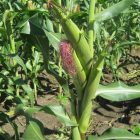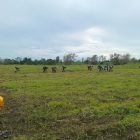Weeding is an important aspect of crop management, especially in Malawi where agriculture is a crucial component of the economy, contributing about 30% of GDP. Proper weeding not only helps to eliminate competition for resources such as light, water, and nutrients, but it also reduces the risk of pests and diseases, ultimately resulting in higher yields.
In this article, we will discuss the use of herbicides before planting and manual weeding after planting for residual weeds, and highlight the importance of timely weeding and its benefits.
Before Planting
Use of Herbicides:
Herbicides are chemical substances that are used to control or eliminate weeds. They are applied before planting to kill existing weeds and prevent new ones from growing. This reduces the competition for resources between crops and weeds, allowing the crops to grow and mature more efficiently.
In Malawi, herbicides are widely used by farmers and are available through varoius agrodealers throughout the country. Herbicides can be effective in controlling weeds, but it is important to follow the recommended application instructions and to use them safely and responsibly.
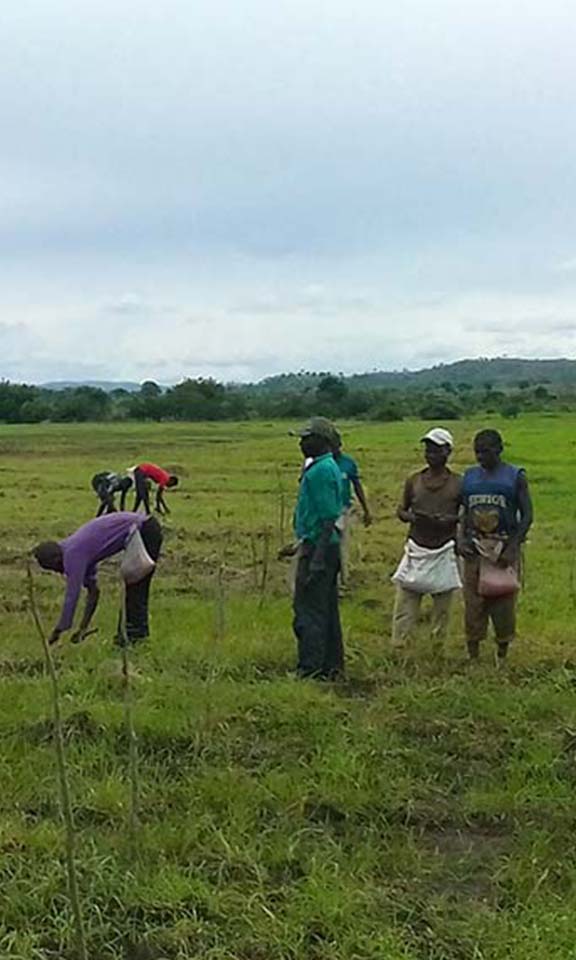
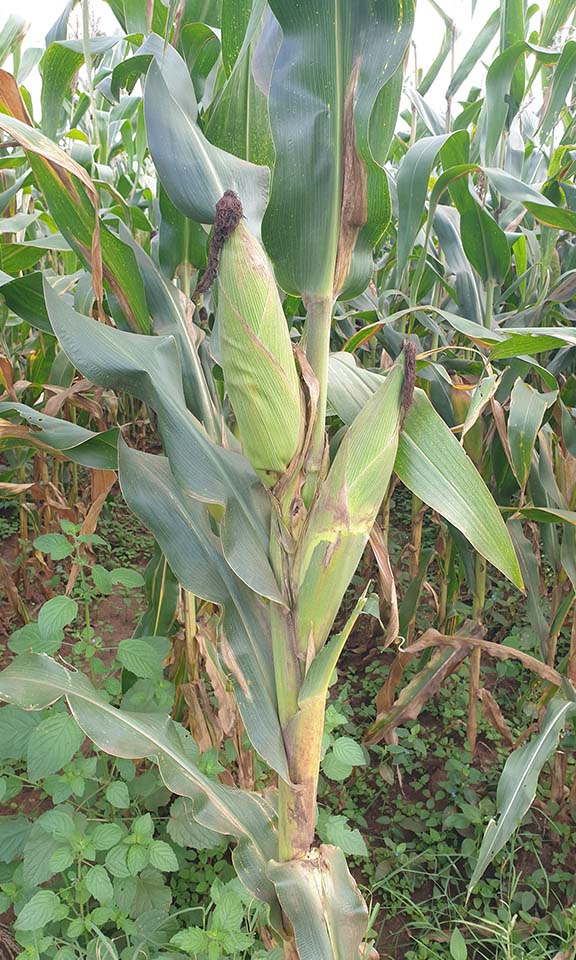
After Planting
Manual Weeding:
After planting, manual weeding is often required to remove any residual weeds that have escaped the pre-planting herbicide application. This is especially important in the early stages of crop growth when the crops are most vulnerable to competition from weeds.
Manual weeding involves removing weeds by hand or with tools such as hoes. It is a labor-intensive process, but it is an effective way to maintain weed-free fields, especially for small-scale farmers who may not have access to or cannot afford herbicides.
Importance of Timely Weeding
Reduced Competition for Resources:
Timing is crucial when it comes to weeding, as weeds can quickly grow and compete with crops for resources such as light, water, and nutrients. This can lead to reduced crop growth and lower yields.
Reduced Pests and Diseases:
Weeds can also act as hosts for pests and diseases, which can then spread to crops, leading to crop damage and reduced yields. By removing weeds in a timely manner, farmers can reduce the risk of pest and disease outbreaks.
Improved Yields:
By reducing competition for resources and reducing the risk of pest and disease outbreaks, timely weeding can lead to improved crop yields. This is especially important in Malawi, where agriculture is a key component of the economy, and higher yields can help to improve food security and boost economic growth.
Benefits of Weeding
Increased Crop Growth:
By reducing competition from weeds, crops are able to grow more efficiently, leading to improved crop growth.
Improved Crop Quality:
Weeding can also lead to improved crop quality, as crops are able to receive more resources and are less likely to be damaged by pests and diseases.
Increased Yields:
Improved crop growth and quality can result in increased yields, which is especially important for small-scale farmers who rely on agriculture for their livelihoods.
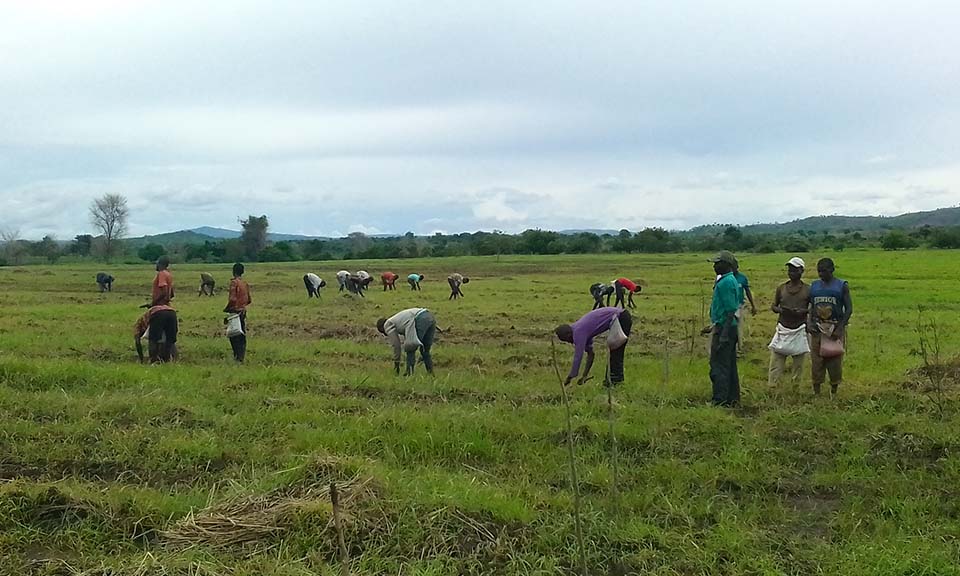
Conclusion
Crop weeding is an important aspect of crop management in Malawi, and the use of herbicides before planting and manual weeding after planting can help to achieve optimal harvest results. Timing is crucial, and timely weeding can lead to improved crop growth, quality, and yields. Companies such as Peacock Seeds Company can provide farmers with the necessary tools and resources to effectively manage their crops, including herbicides and guidance on best practices for weeding.


